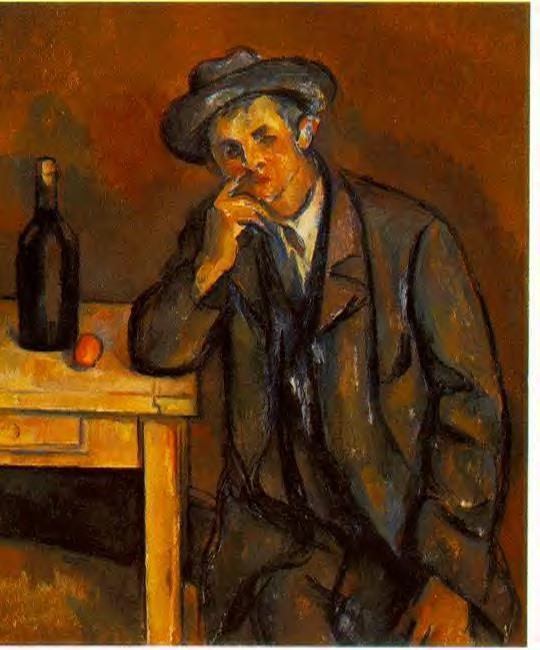Addiction is a strong uncontrollable need to take drugs, alcohol or to carry out an activity like gambling (NHS, 2015).
Drugs act as primary reinforcers (biological importance) that affect directly on brain reward systems and orderly learning processes. Both classical and operant conditioning underlies the acquisition and maintenance of drug self-administration behaviour (Stitzer and Higgins, 2000).
Alcohol addiction/drinking is positively reinforced by a rewarding stimulus (e.g. euphoria), which increases the probability that the individual exhibits certain responses (e.g., alcohol-seeking behaviour). Negative reinforcement occurs when these responses allow the individual to avoid or escape from the aversive stimulus (e.g., anxiety, irritability) that manifest during withdrawal.
Classical conditioning occurs, when drinking situations are paired with the appealing taste/pleasure and this evokes responses.
Stimulus control can limit situations where the behaviour can take place.
Possible treatments for Alcohol Addiction
Causes of addiction include biological, learned (reinforced by the environment and society) and cognitive factors. Therefore, the treatment can include the removal of these negative factors, braking habits and replacement of unhealthy thoughts. There are numerous treatment methods, such as aversion therapy, BSCT, CRA, CBT and other alternatives that are effective in treating addiction.
- Aversion therapy is one application of classical conditioning. In aversion therapy, unwanted behaviour and an unpleasant experience (i.e. Disulfiram tablets cause vomiting) are paired. The effect of aversion therapy can wear off over several months. However, during the effective period a person can learn to develop a new manner of healthy living. They can practice coping skills that strengthen their ability to enjoy life without alcohol.
- Introduce punishments (this could be self managed)
- Managing stimulus control can help; being aware of the circumstances that promote drinking
- Managing chronic withdrawal symptoms and relapse akin to extinction burst and spontaneous recovery.
- Counter conditioning: Replacing drinking with alternative behaviours
- Alternative coping skills can be learned. For example, Chaney et al. (1978) provided relapse management training in skills for interpersonal situation (such as drink refusal and managing conflict with other people) and intrapersonal problems (i.e. coping with negative mood). Oei and Jackson (1982) found that social skills training and cognitive restructuring were both effective to alcoholic.
- Miller et al. (1982) suggested that Behavioural Self-Control Training (BSCT) treatment approach could be used to reduce moderate or nonproblematic drinking. It consists of behavioural techniques of goal setting, self-monitoring, managing consumption, rewarding abstinence/excess consumption, analysing drinking situations and learning alternate coping skills. The therapist introduces specific components and assigns “homework” task. BSCT can be either self-directed (with a self-help manual or computer software), or therapist directed (individual, group or software).
- Community Reinforcement Approach (CRA) is based on a belief that the environment has an encouraging or discouraging effect of alcohol abuse. CRA integrates several treatment components, including building the client’s motivation to quit drinking, helping the client, initiate sobriety, analysing the client’s drinking pattern, increasing positive reinforcement, learning new coping behaviours and involving significant others in the recovery process. Treatment could be adjusted to individual needs to achieve the optimal outcome.
- CBT can help to treat alcohol addiction as well. Unhealthy thoughts always take a role in the development of an addiction. The therapist can help the addict break the cycle of negative thinking to replace those and to learn new behaviours.
- Counselling aims to tackle the emotional causes of alcoholism. Childhood trauma, pain, loss, depression, loss or many other painful life event can lead to an emotional pain which eventually may lead to alcoholism. The uncovering, processing and healing of these emotional triggers and causes can lead to a better self-understanding, increase in motivation and helps avoiding relapse and consequently sustain the recovery for a longer and happier life.
Facebook Comments

